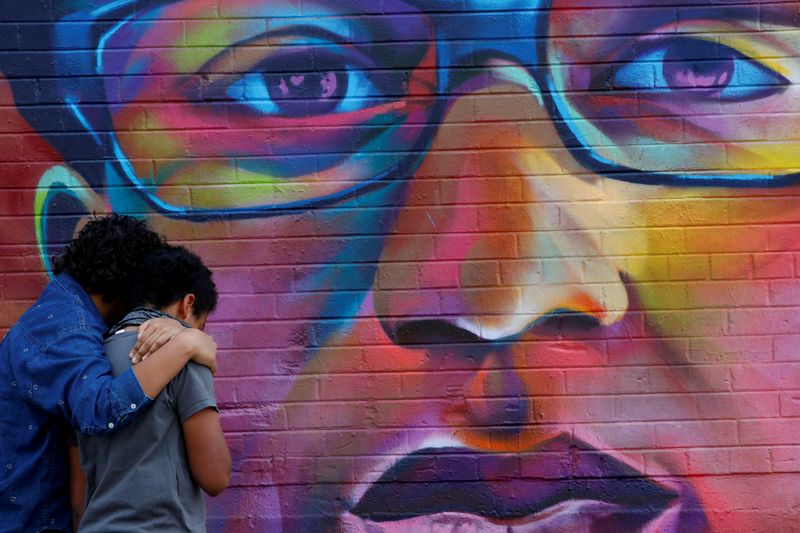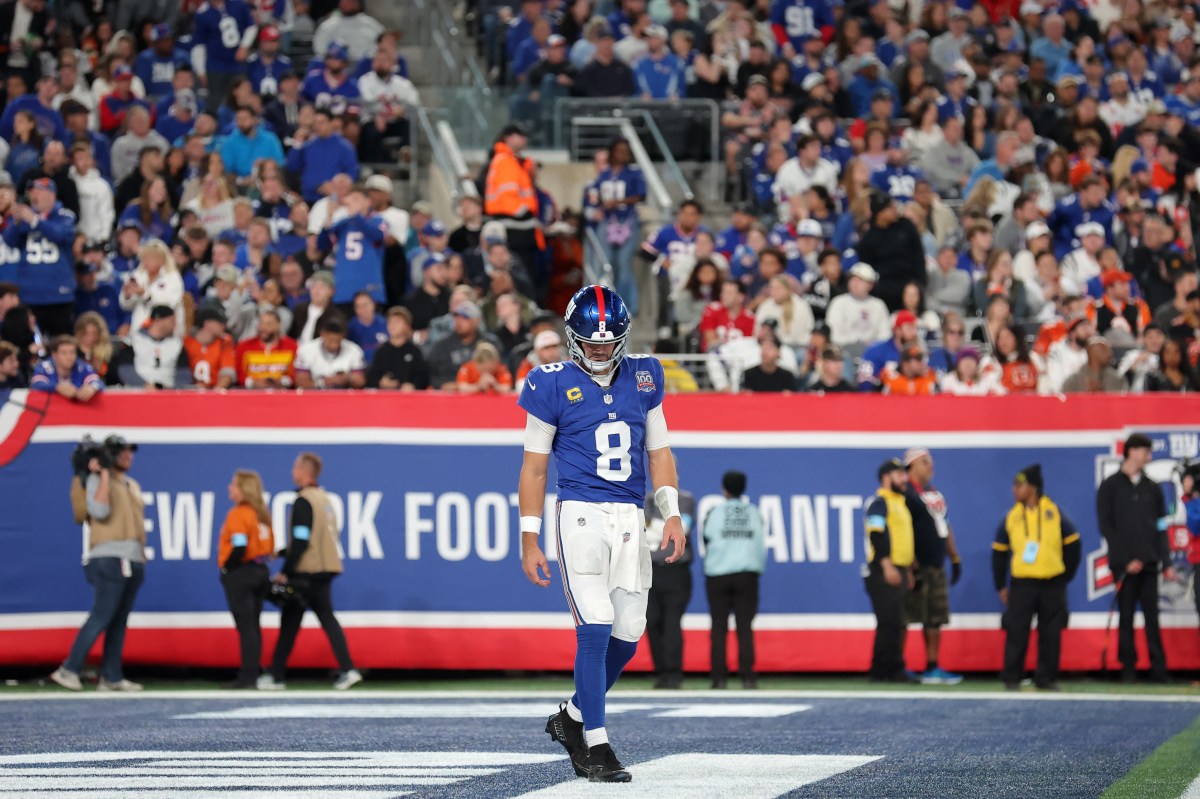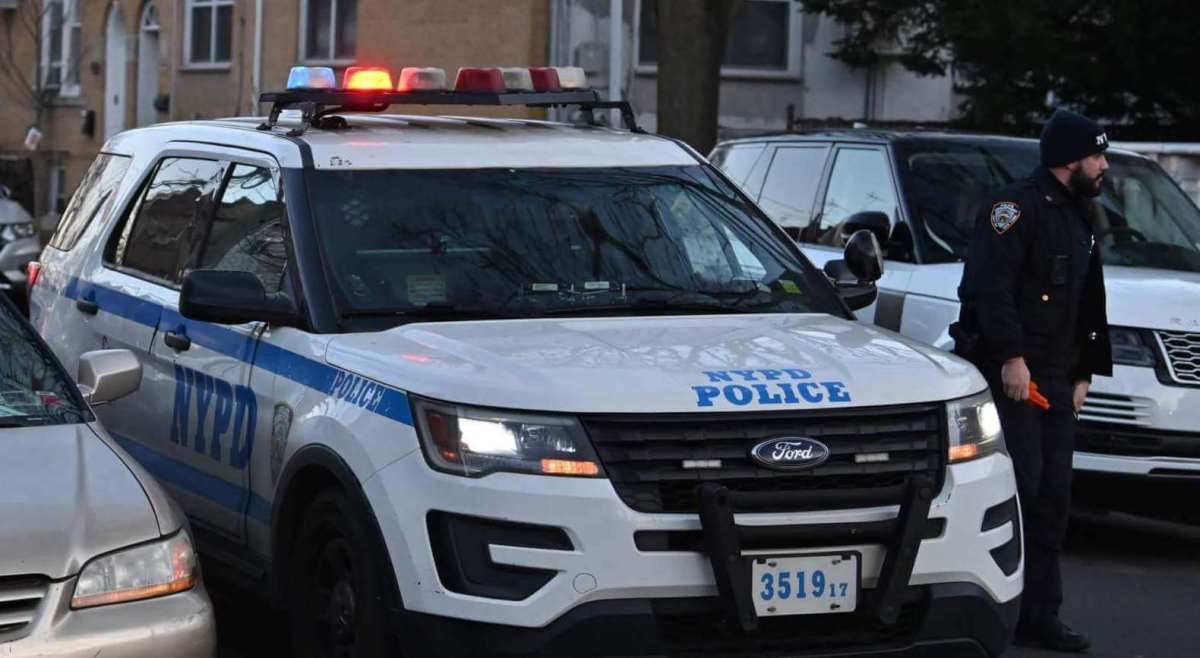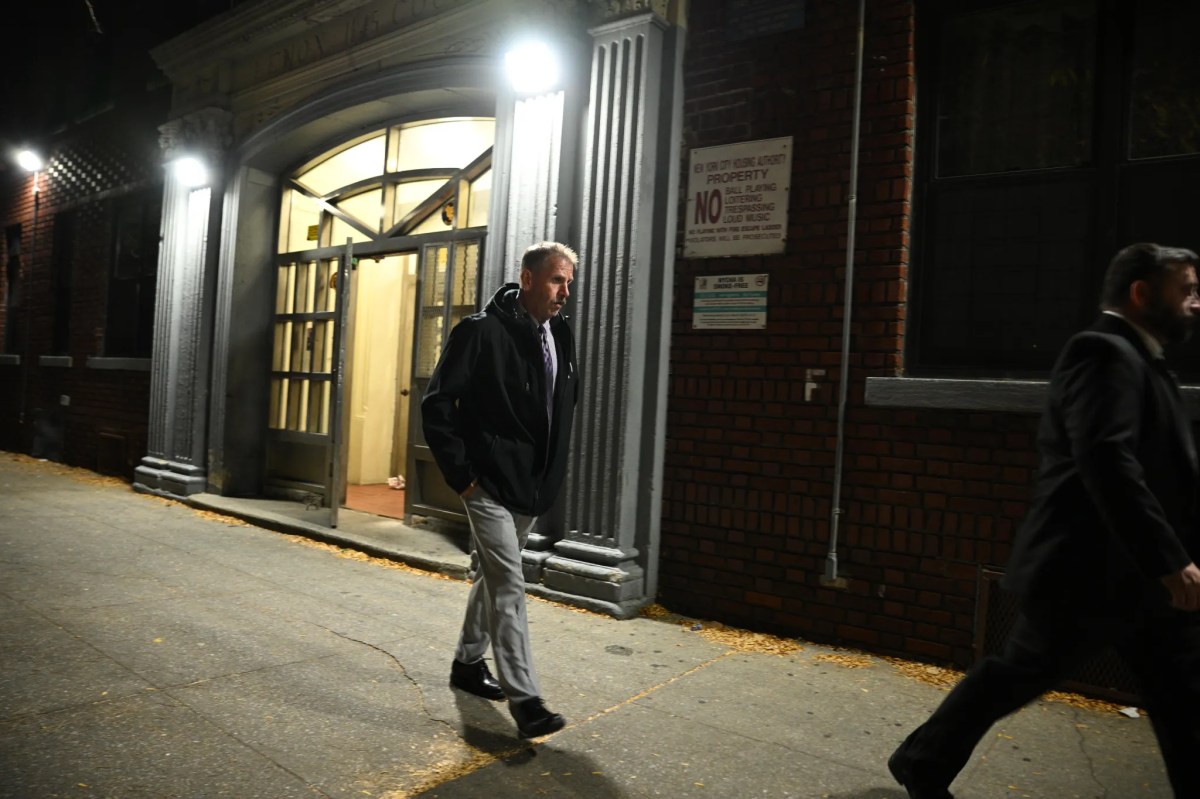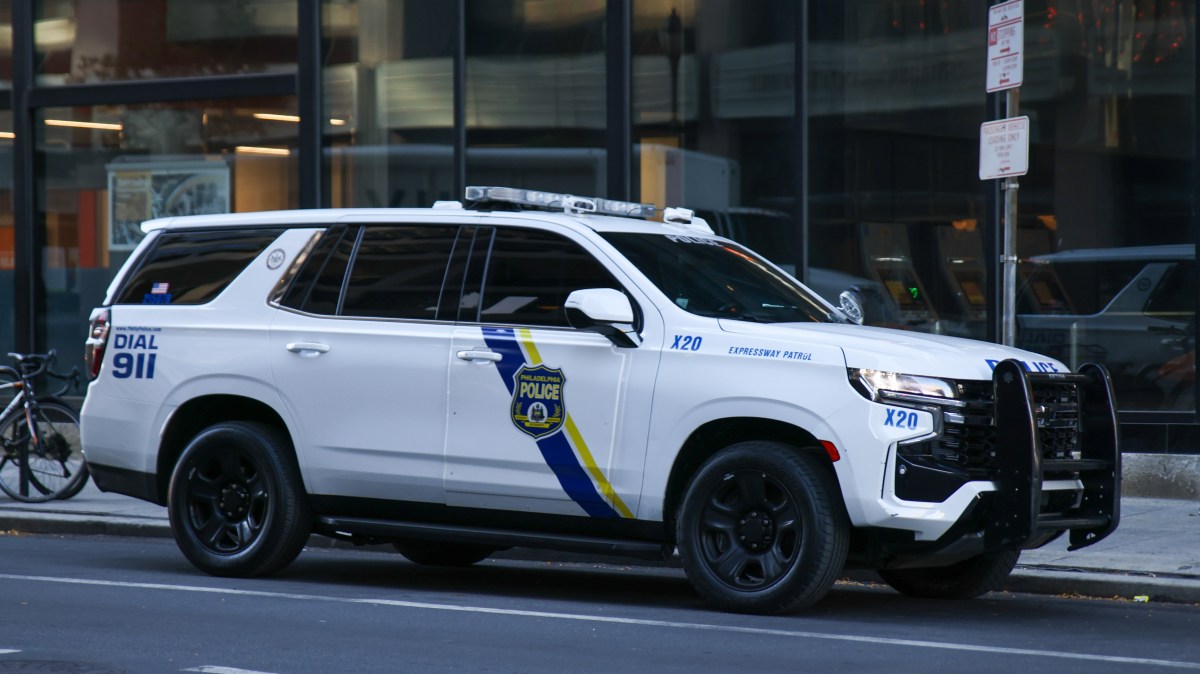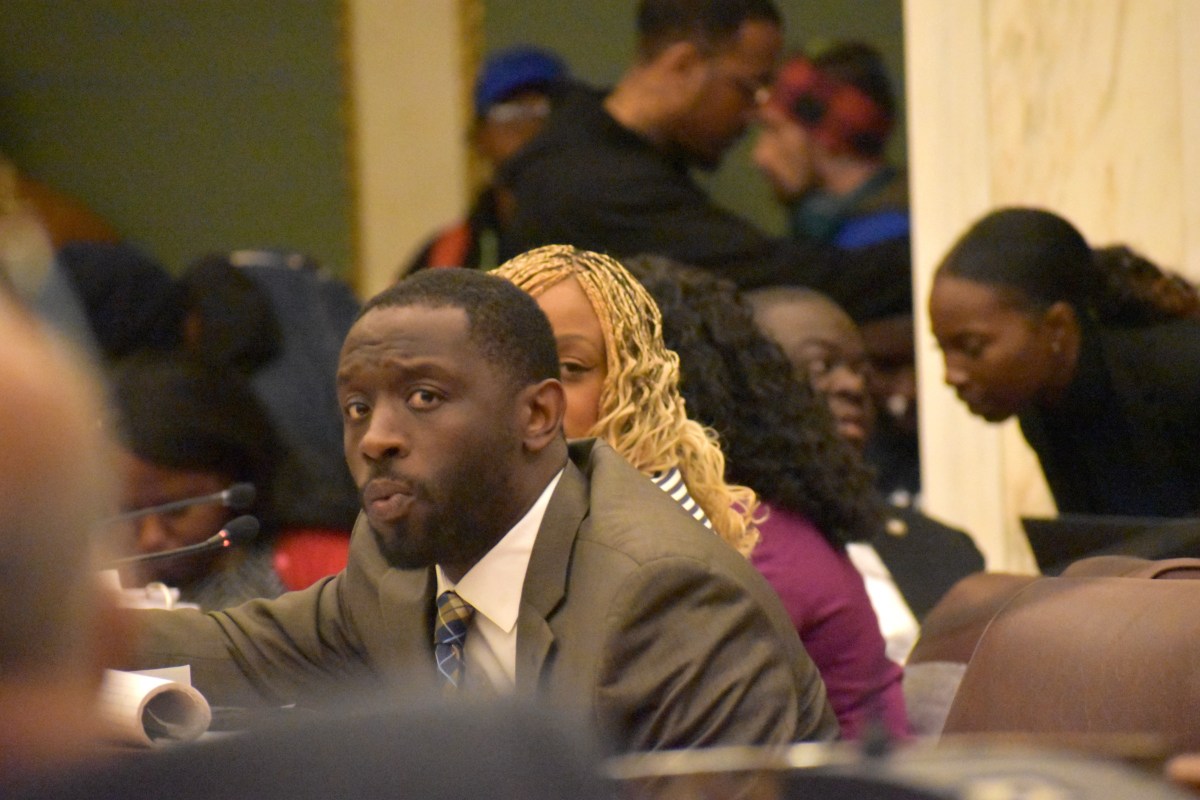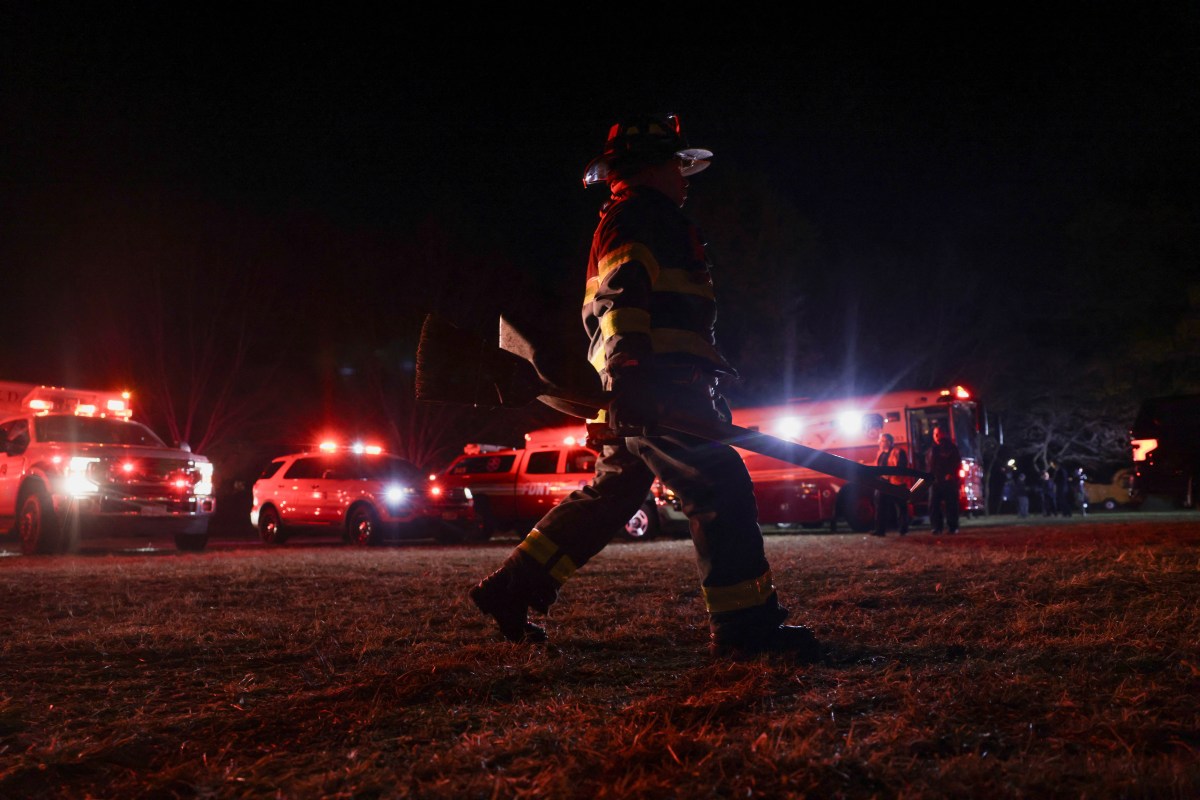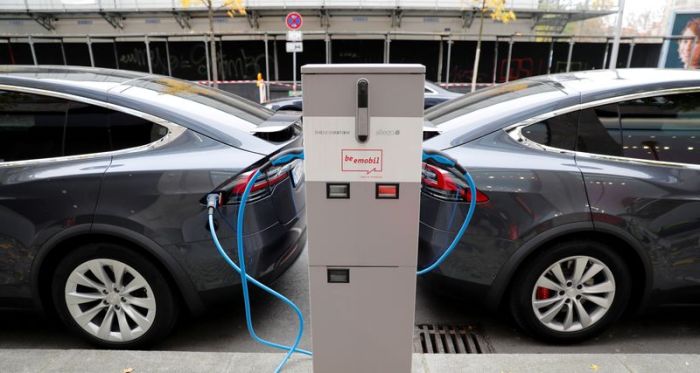DENVER (Reuters) – Colorado’s attorney general on Friday convened a grand jury probe into the death of Elijah McClain, a young unarmed Black man placed in a chokehold and injected with the powerful sedative ketamine while under arrest.
McClain, 23, was walking on a street alone in the Denver suburb of Aurora in August 2019 when he was stopped and subdued by three police officers responding to a report that he had been seen acting suspiciously.
He went into cardiac arrest after the encounter, during which police restrained him using a carotid hold around his neck, and paramedics attending to him administered a dose of ketamine. McClain died days later at a hospital.
Local prosecutors declined to file charges in the case, citing an autopsy listing the cause of death as undetermined.
But the episode drew renewed scrutiny and public ire as protesters against racial injustice and police brutality took to the streets across the United States last summer after George Floyd, an unarmed Black man, died on May 25 when a Minneapolis police officer knelt on his neck.
Colorado’s governor ordered the state attorney general’s office in June to open an independent investigation of the McClain death. The attorney general, Phil Weiser, said in a statement on Friday he has taken the case to a grand jury as part of that inquiry.
A grand jury can compel testimony from witnesses and the production of documents and other information not otherwise available to investigators, Weiser said.
“Our investigation will be thorough, guided by the facts and law, and worthy of the public’s trust,” he said.
Weiser’s office has also opened a broad investigation of the Aurora police department to determine whether its practices and patterns of conduct might pose civil rights violations.
The U.S. Justice Department has launched its own federal civil rights probe.
McClain’s family, which says he had committed no crime, filed a civil rights lawsuit in federal court in August 2020 naming the city of Aurora, its police force and city fire and rescue department personnel as defendants, alleging murder and excessive use of force against Black people.
The family’s complaint said McClain pleaded for help, repeatedly saying, “I can’t breathe,” before falling unconscious as he was forcefully restrained for 18 minutes, most of that time in handcuffs.
The family’s attorney, Mari Newman, said on Friday that a failure to bring criminal charges would be “a grave injustice.”
“If the grand jury in Elijah McClain’s case doesn’t indict the officers and medics responsible for killing him, it will be because the attorney general’s office did not want charges to be brought,” Newman said in a statement.
(Reporting by Keith Coffman in Denver; Writing by Steve Gorman; Editing by Chizu Nomiyama and Daniel Wallis)

